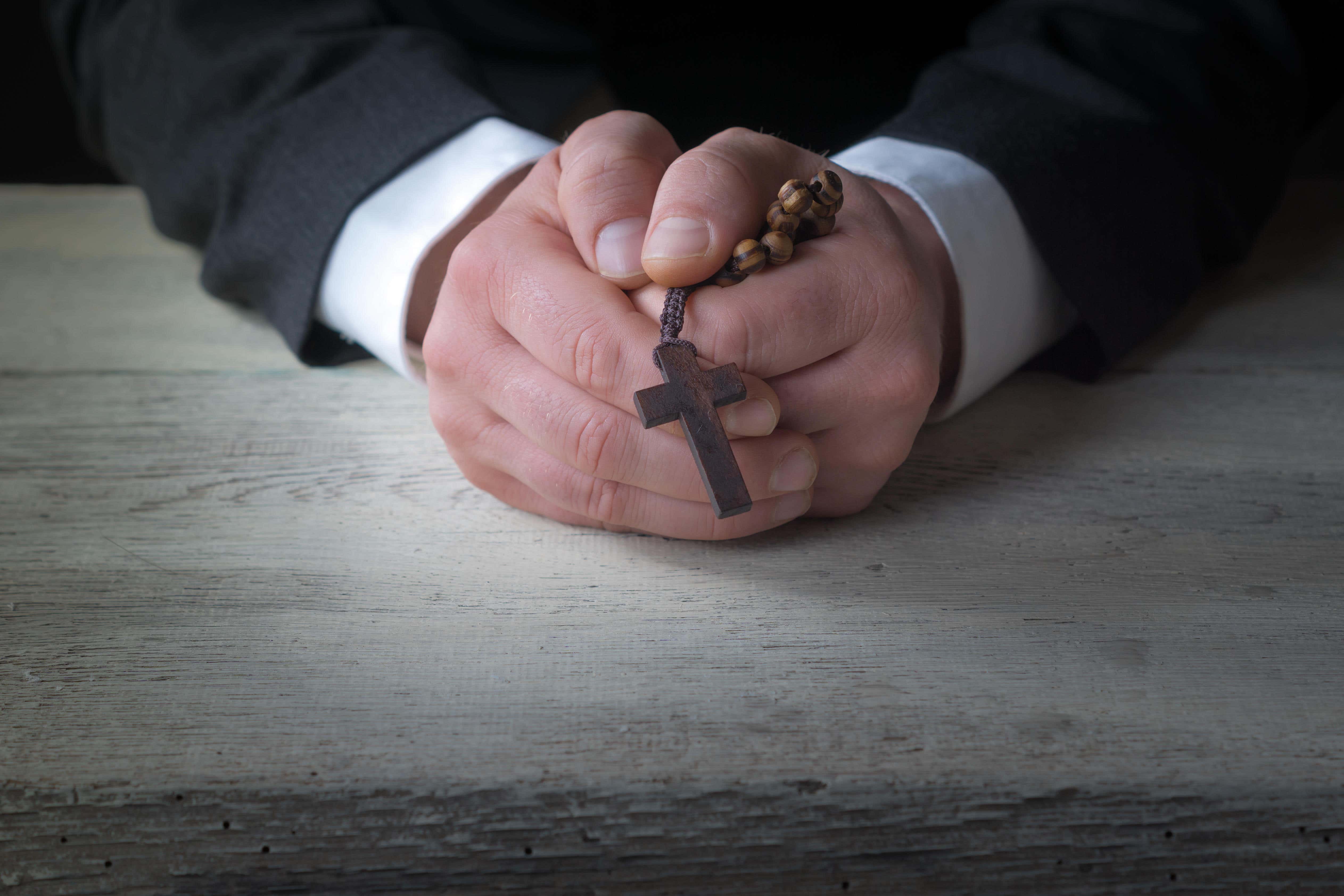Church of England response to John Smyth serial abuse ‘amounted to a cover-up’
The abuse spanned five decades and three countries with as many as many as 130 boys and young men victimised, a review found.

A British barrister’s “abhorrent” abuse of more than 100 children and young men was covered up within the Church of England for years, a damning report has concluded.
John Smyth QC is believed to be the most prolific serial abuser to be associated with the Church of England, a long-awaited independent review has found.
Across five decades in three different countries and involving as many as 130 boys and young men in the UK and Africa, Smyth is said to have subjected his victims to traumatic physical, sexual, psychological and spiritual attacks, permanently marking their lives.
He died aged 75 in Cape Town in 2018 while under investigation by Hampshire Police and so was “never bought to justice for the abuse”, the review said.
Despite his “appalling” actions having been identified in the 1980s, the report concluded he was never fully exposed and was therefore able to continue his abuse.
Every member of the Church is responsible for a culture in which victims are heard, responded to well, and put first
The Church has said it is “deeply sorry for the horrific abuse” and added that “there is never a place for covering up abuse”.
While some 30 boys and young men are known to have been directly physically and psychologically abused in the UK – and around 85 boys and young men physically abused in African countries, including Zimbabwe, the total “likely runs much higher”, the report said.
It stated: “John Smyth is, arguably, the most prolific serial abuser to be associated with the Church of England.”
Keith Makin, who led the independent review, said: “Despite the efforts of some individuals to bring the abuse to the attention of authorities, the responses by the Church of England and others were wholly ineffective and amounted to a cover-up.”
The review, commissioned a year after Smyth’s death by the Archbishops’ Council of the Church of England, found that an argument had been made that the abuses were “examples of over-enthusiastic corporal punishment”.
We know that no words can undo the damage done to people’s lives both by him and by the failure of individuals in the Church
But the report stated: “The conclusion of the Review is that he committed criminal acts of gross abuse.”
“Further abuse could and should have been prevented. John Smyth’s victims were not sufficiently supported by the Church and their views on escalating his abuse to the police and other authorities were not sought.”
Smyth was able to move to Zimbabwe and South Africa, while “church officers knew of the abuse and failed to take the steps necessary to prevent further abuse occurring”.
The report stated that the Church of England knew “at the highest level” from July 2013 about the abuse Smyth had carried out in the late 1970s and early 1980s.
It said: “John Smyth should have been properly and effectively reported to the police in the UK and to relevant authorities in South Africa.
“This represented a further missed opportunity to bring him to justice and may have resulted in an ongoing and avoidable safeguarding threat in the period between 2012 and his death in 2018.”
In a joint statement, the Church of England’s lead safeguarding bishop, Joanne Grenfell, and the national director of safeguarding, Alexander Kubeyinje, said they are “deeply sorry for the horrific abuse inflicted by the late John Smyth and its lifelong effects, already spanning more than 40 years”.
They added: “We know that no words can undo the damage done to people’s lives both by him and by the failure of individuals in the Church and other institutions to respond well.”
They welcomed the report’s 27 recommendations and vowed to “consider them now in detail, noting work already under way”.
They added: “Every member of the Church is responsible for a culture in which victims are heard, responded to well, and put first: there is never a place for covering up abuse.”
Among the review’s recommendations, are that the church establishes international reciprocal safeguarding procedures with other Anglican communion institutions and leaders where allegations are made against someone in a position of trust who relocates overseas; independent oversight of safeguarding measures; and ensuring safeguarding measures at the centre of every church officer’s professional responsibilities.
Bookmark popover
Removed from bookmarks